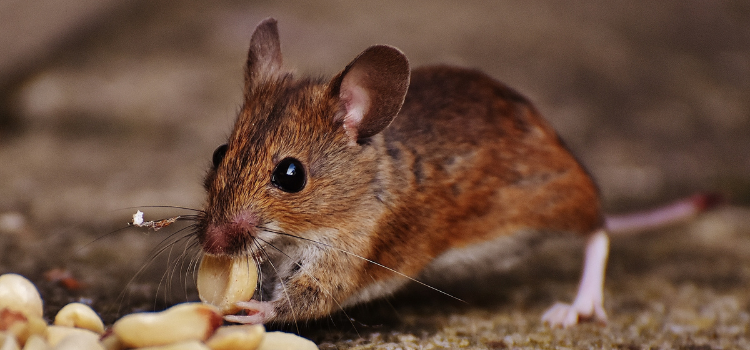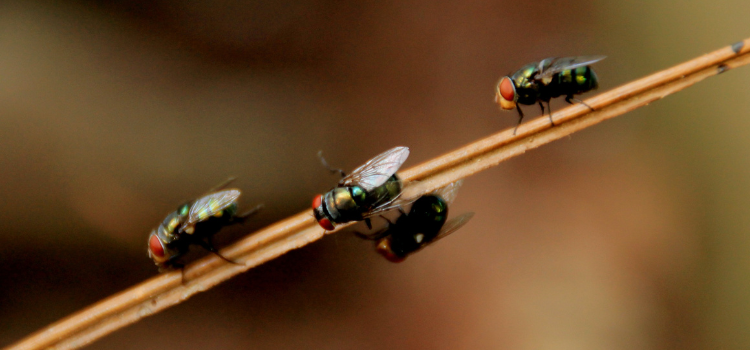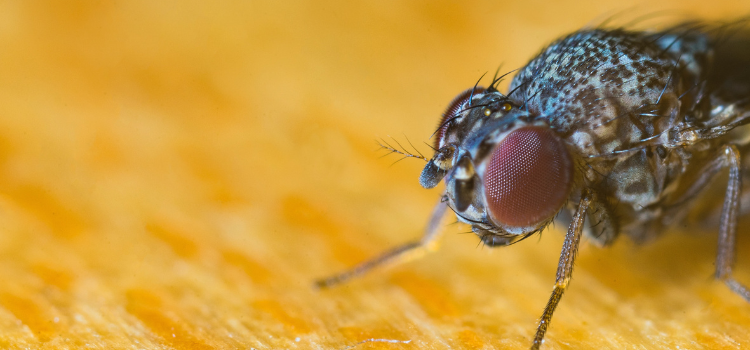Why should you get a pest inspection before purchasing a property?
A property and pest inspection is the first and most important step in the buying process. It may assist you in determining the property's benefits and downsides prior to signing the contract. Furthermore, if any major issues are discovered during the property inspection, you have the option to renegotiate the terms.
Because buying a new home is a significant financial commitment, it'll be beneficial to evaluate the house's qualities before deciding to invest in it.
In this article, we'll identify the pest problems you need to know about, why you should consider getting a pest inspection before buying a property, and what solutions you’ll need to deal with them.
Article Overview
- What is a pest inspection?
- Why is it necessary to do a pest inspection?
- Pest issues to look for before purchasing a house
- Cost of pest and insect control
- How often should you pest control your home?
- Important questions to ask

What is a Pest Inspection?
A pest inspection is usually included in most house contracts as a requirement for selling the home. So, when you find your ideal house, don't purchase it without first having it inspected for pests.
You may employ skilled building and pest inspectors to do a complete assessment of the new home and provide their written findings. You'll be able to tell whether the home has a termite infestation or other pest issues based on that information. As a result, a pest inspection can help you figure out the condition of the house you want to buy.
Why Is It Necessary to Do a Pest Inspection?
Termite infestations damage around 180,000 structures and houses each year throughout Australia. The presence of mice and rats has also become a leading cause of food poisoning. If you're considering purchasing a new home, it's a good idea to inspect it for any serious infestations.
Purchasing a home is a significant financial commitment, and you should thoroughly analyse all elements of the property before making your decision. Any possible issue might end up costing you thousands of dollars in the long run.
By completing a property and pest inspection, you may discover such issues ahead of time and prevent such expensive hazards. As a result, such inspections may assist you in successfully negotiating a purchase with the realtor, exempting you from paying all of the additional costs associated with home repairs and pest control.
It will also significantly enhance your quality of life by ensuring optimum health and cleanliness.

Pest Issues to Look for Before Purchasing a House
While termites are the most frequent pest found during a home inspection, other insects and rodents that might create problems should also be inspected. Cockroaches, for example, can spread a variety of disease-causing illnesses, putting people's health at risk. If left uncontrolled, they can quickly develop into a full-fledged infestation.
Keep an eye out for mice and rats, which may transmit illnesses and cause property damage, in addition to cockroaches and silverfish infestations.
Insects and rodents prefer to hide in dark, damp places like basements and kitchen cabinets. As a result, keep an eye out for pests in these areas during your checkup. If you're serious about buying the house, the best way to deal with the pests is to hire a professional pest control service.
Cost of Pest and Insect Control
So, how much does pest and insect control cost? The cost of pest control treatments ranges from $150 for a basic treatment to $700 for a comprehensive indoor and outdoor treatment. If you have pests, you'll want to get rid of them whether you're buying or selling a house. This will help to raise the value of your house.

How Often Should You Pest Control Your Home?
How often should you pest control your home? Regular visits by your local pest controller involve looking for changes or signs of pest activity, inspecting traps, and putting preventative measures in place to limit the number of pests. Even if pests are not visible, pest control technicians may regularly visit your building or business to evaluate the infrastructure and look for new pest risks. Furthermore, more regular visits assist in keeping pest control expenditures low.
We recommend frequent pest control treatments on a quarterly basis, or every 2 – 3 months for residential structures to effectively discourage common pests or when you move into a new house or apartment. For more significant infestations, monthly treatments over a 3 – 6 month period are recommended. However, suggested frequency may fluctuate depending on the location, building size, weather conditions, time of year, and kind of insect.

Important Questions To Ask
The number of years a pest controller has been in business is an excellent place to start. In general, a well-established pest control company has a proven track record of providing high-quality service. So, here are the following questions to ask your pest control professional:
- Are you licensed? An exterminator with a licence has undergone training and is knowledgeable about the most current pest control procedures. It also shows that they are abiding by local and state legislation.
- Are you covered by insurance? Only hire an exterminator who is covered by liability and property damage insurance. Although it's unlikely, it's better to be safe than sorry in case the service expert damages or injures themselves on your property.
- How long is the treatment going to last? Pests like spiders, ants, and earwigs are usually assured to disappear for at least two weeks to a month following treatment. It is, however, dependent on the pest's degree of spread. A pest infestation may require more than one treatment to be cured.
- Do you provide a money-back guarantee? To assure quality, enquire whether they provide a guarantee on their services.
- What insecticides are you going to use? An exterminator must specify if pesticide sprays, baits, dust, traps, granules, or any other treatment method will be used. Before the property is handled, you should be thoroughly informed. Also, check to see whether you'll need to provide special access to particular sections.
Because most householders are unfamiliar with pesticides' scientific names, an exterminator must clarify the names of each chemical to be employed, as well as any possible risks. Upon your request, the manufacturer should give a Material Safety Data Sheet for each pesticide used in your house.
These tips should help clarify the nature of your pest control needs and how to ensure the best possible results.
For further assistance, get in touch with local pest control professionals today.
Get quotes from our qualified and licensed tradies Australia-wide.
Further Reading
- How To Keep Pets Out Of Gardens
- 5 Substantial Costs to Consider When Buying an Established Home
- 5 Smart Tips for Buying Your First Home in a Rising Market